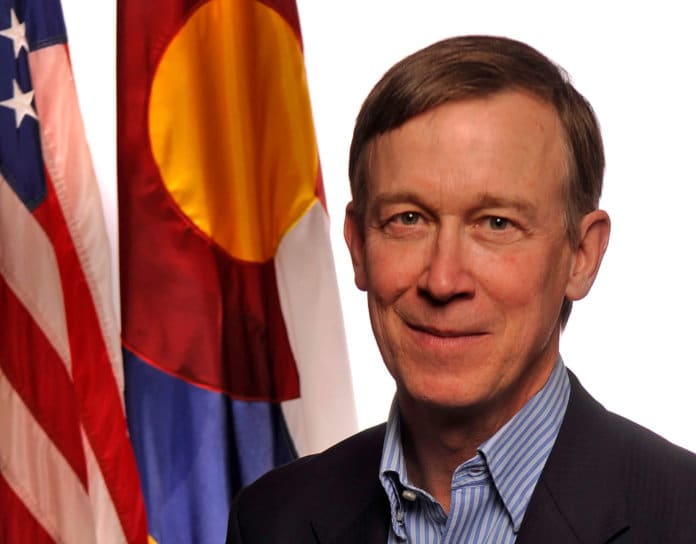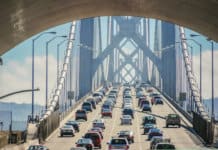Colorado’s Air Quality Control Commission has approved new low-emission vehicle (LEV) standards for light- and medium-duty motor vehicles sold in Colorado beginning in the 2022 model year.
The new standards are estimated to reduce carbon-dioxide emissions by nearly 2 million tons annually by 2030, according to the commission.
“Adopting low-emission vehicles in Colorado means we will continue to see more fuel-efficient vehicles that get better mileage. This has been the plan for many years,” says Gov. John Hickenlooper, D-Colo. “I applaud the commitment of the Air Quality Control Commission and the Air Pollution Control Division to protect the quality of our air and safeguard against returning to the days of the ‘brown cloud.’”
The Air Pollution Control Division of the Colorado Department of Public Health and Environment proposed the adoption of the LEV standards in response to Hickenlooper’s June 19 executive order, “Maintaining Progress on Clean Vehicles,” which directed the department to develop a rule to establish a Colorado LEV program incorporating the requirements of the California LEV program.
Following recent public hearings, the commission has unanimously approved the new standards, which incorporate specific provisions of California’s standards. The commission adopted Regulation 20, known as the Colorado Low Emission Automobile Regulation (CLEAR), prompting Colorado to join 12 other states and the District of Columbia in adopting California’s LEV standards.
Only the federal government and California have the authority to set new motor vehicle emission standards. New cars and light-duty trucks sold in Colorado currently are subject to the federal Tier 3 emission standards. Under the Clean Air Act, California has the authority to adopt its own new vehicle emission standards. Once California has adopted a specific set of emission standards, other states can choose to adopt those standards in lieu of the federal standards, pursuant to section 177 of the Clean Air Act. California first adopted its LEV standards in the 1990s.
Currently, the federal emission and California LEV standards are equivalent. Under both sets of rules, the greenhouse-gas emission limits become increasingly more stringent through the 2025 model year. The federal government, however, recently proposed to roll back its emission standards for model years 2021-2026, which would make it harder for Colorado to meet its clean air goals, the commission says. Although the proposed federal rollback is not yet final, the adoption of CLEAR provides a “cost-effective and sensible backstop” for Colorado in the event of a federal rollback, according to the commission.







